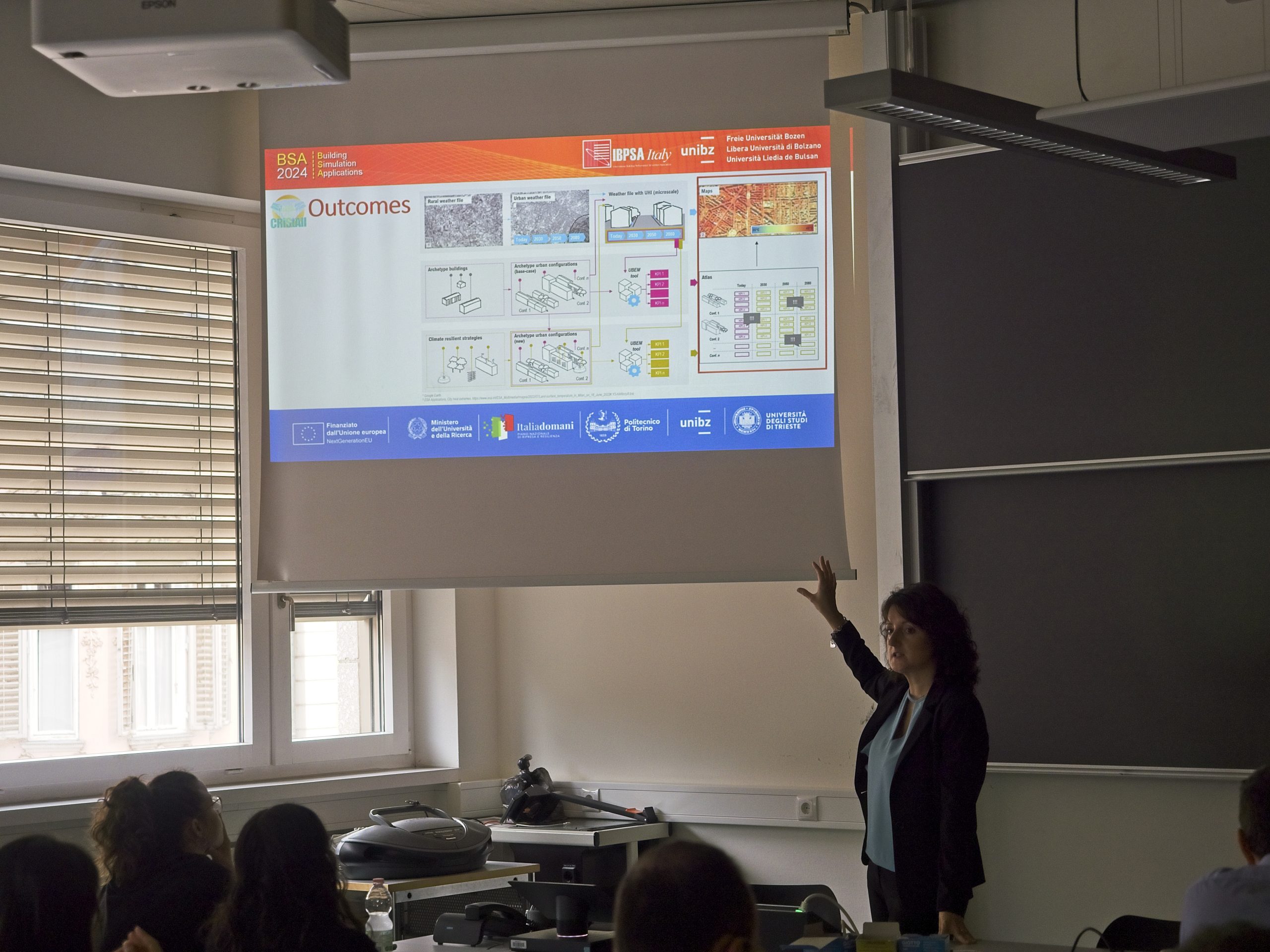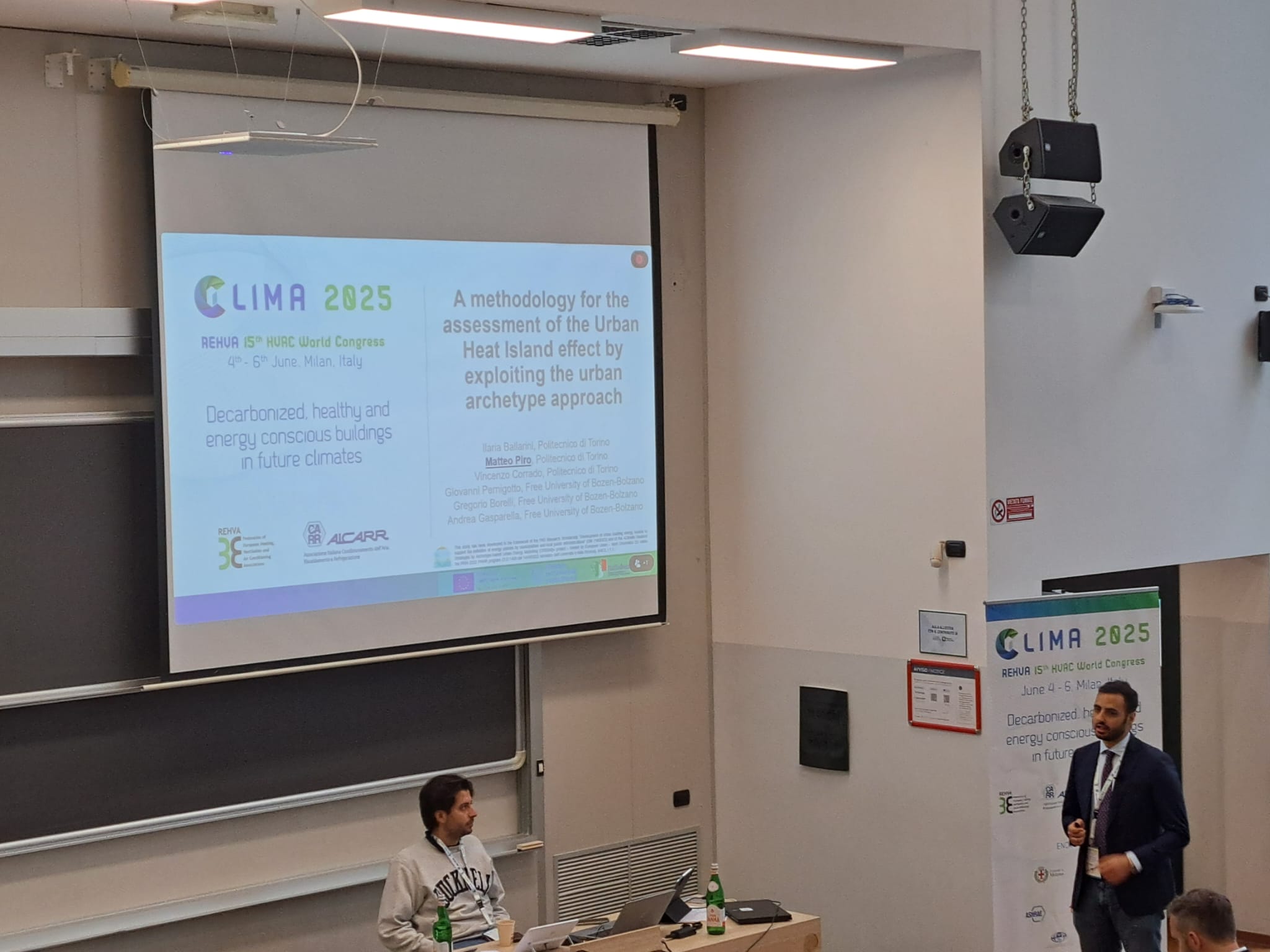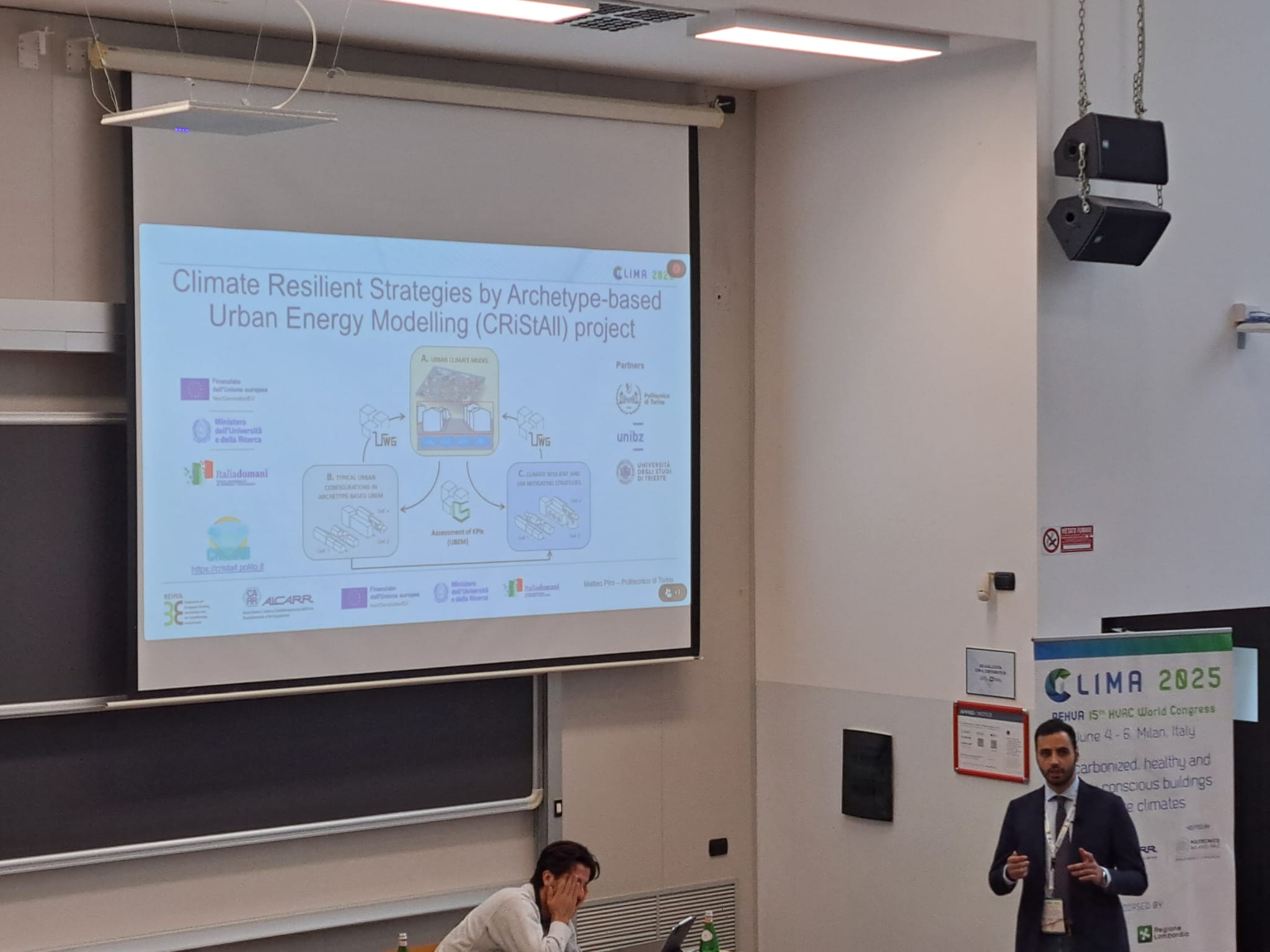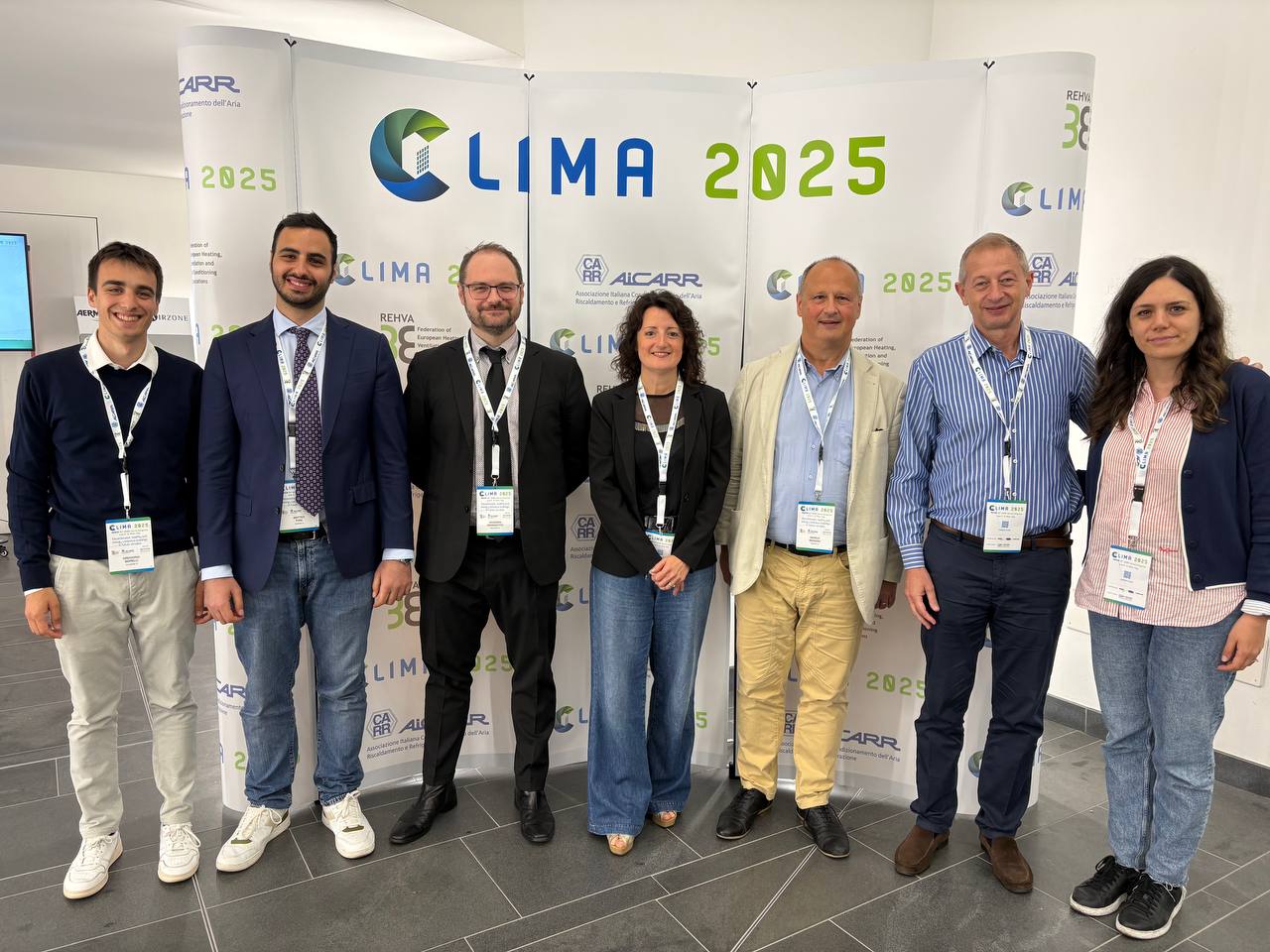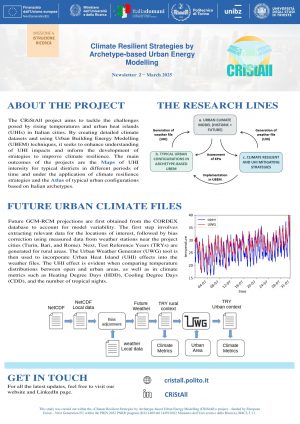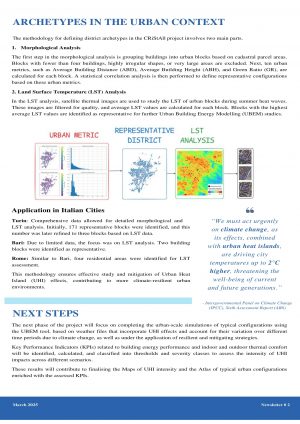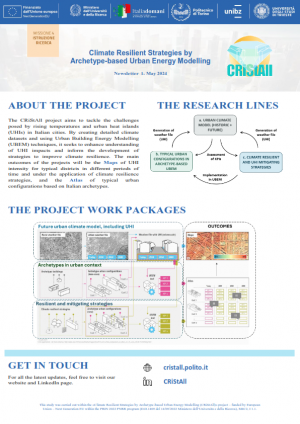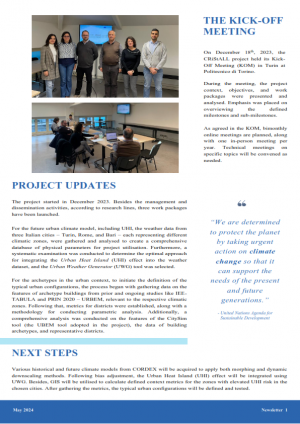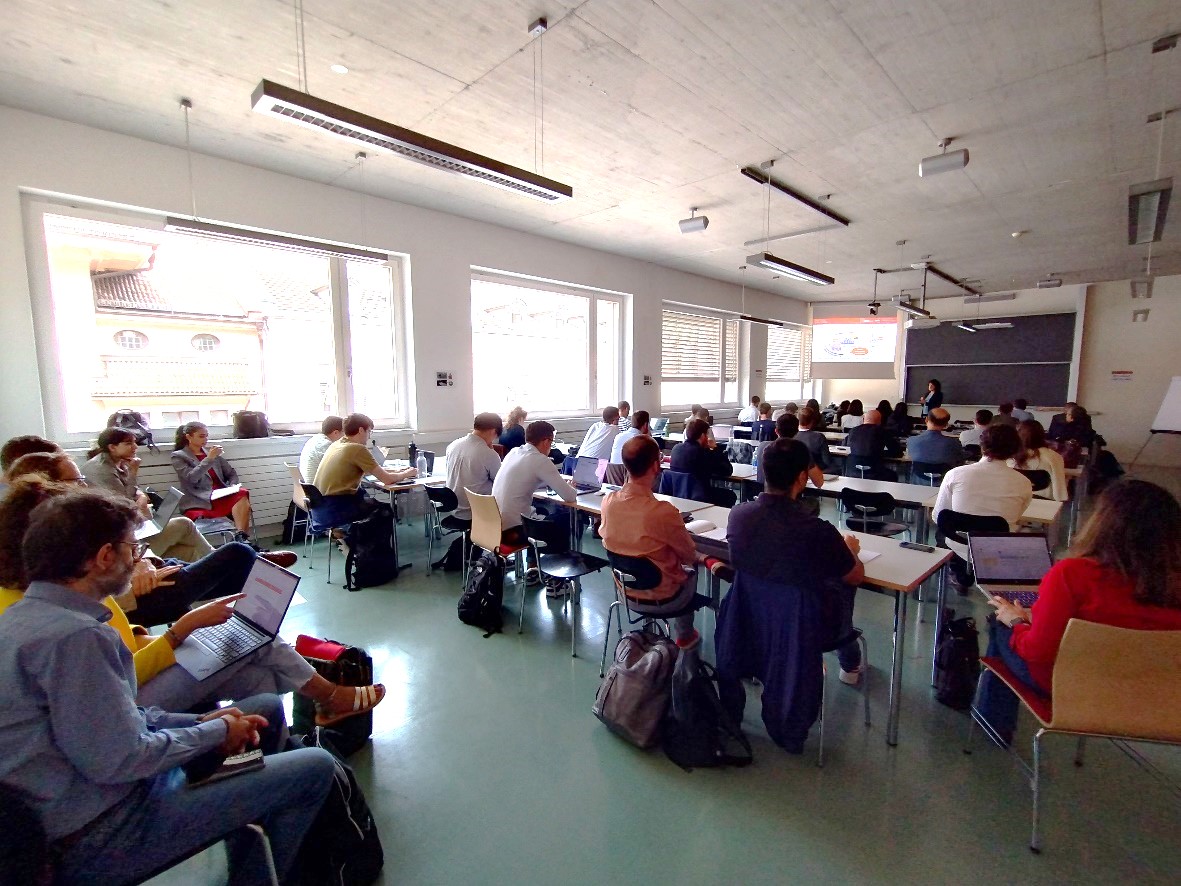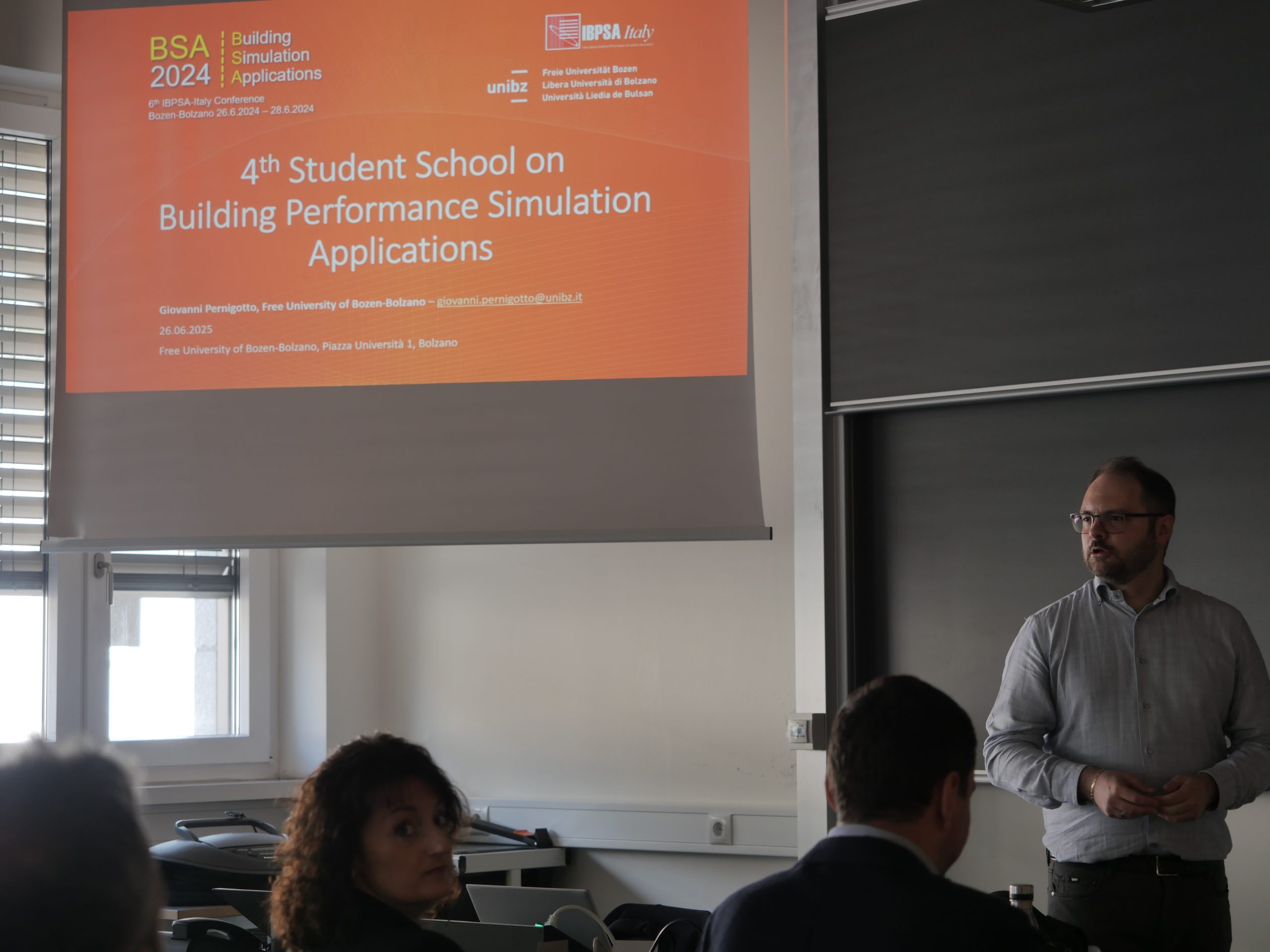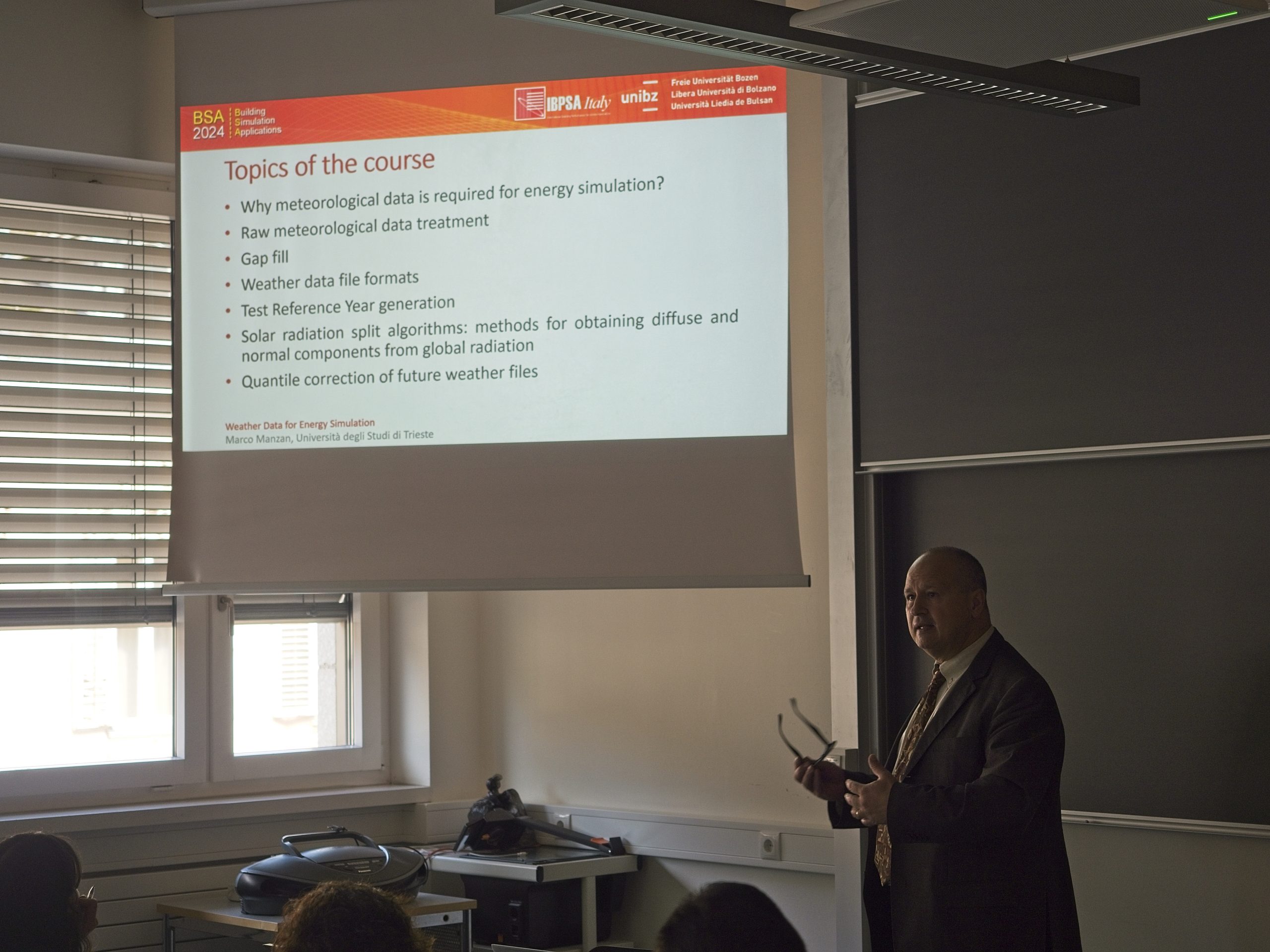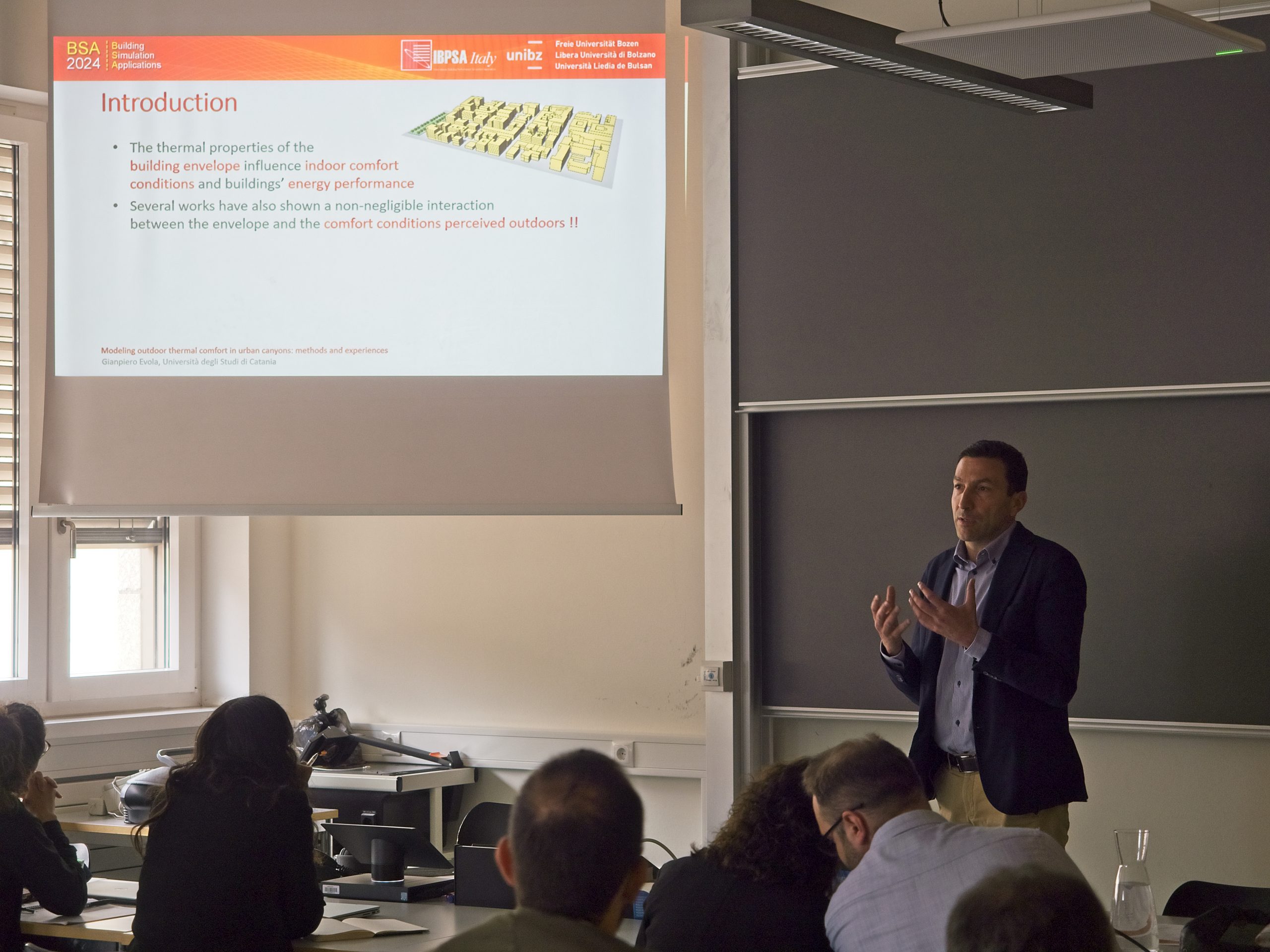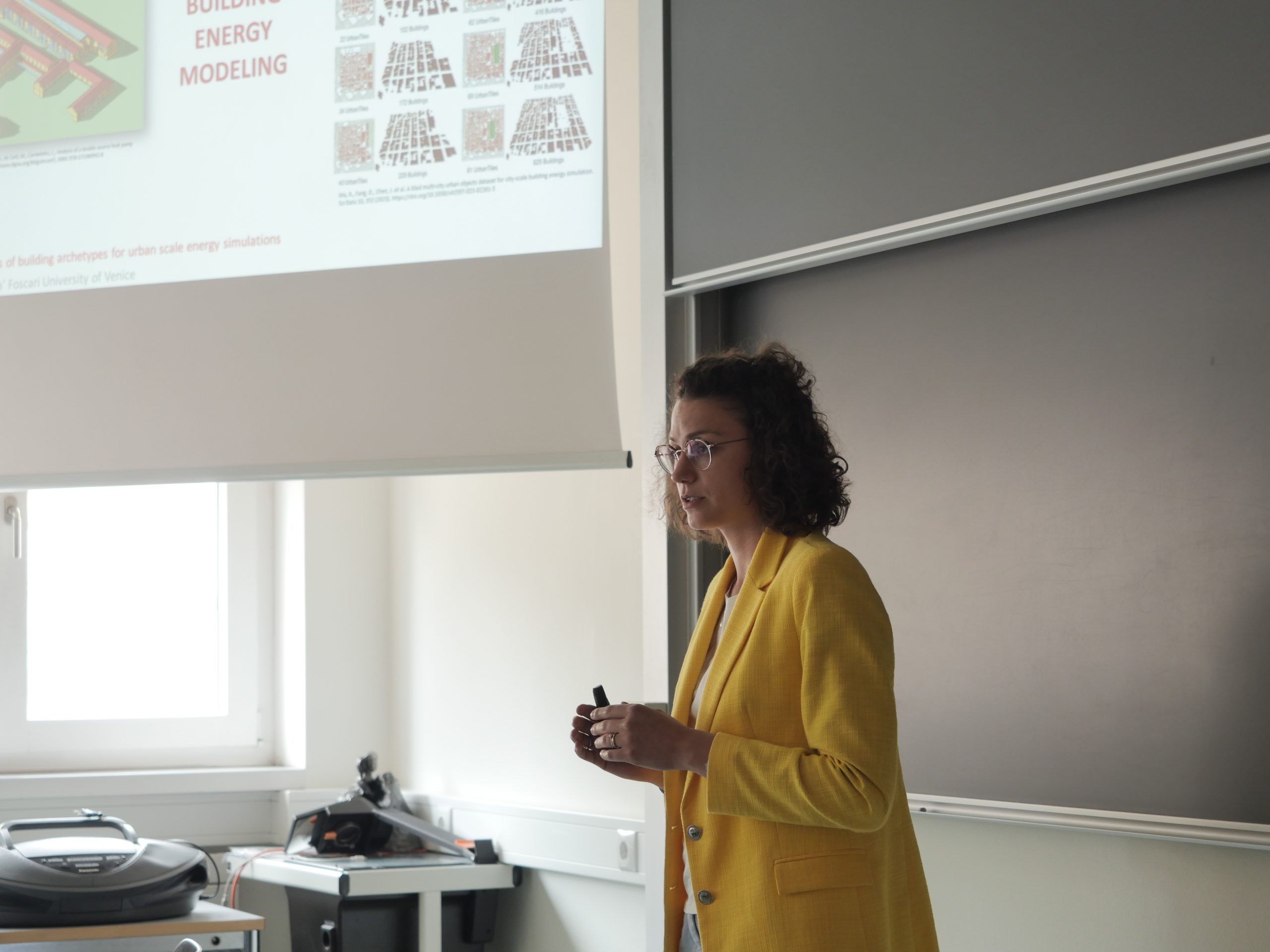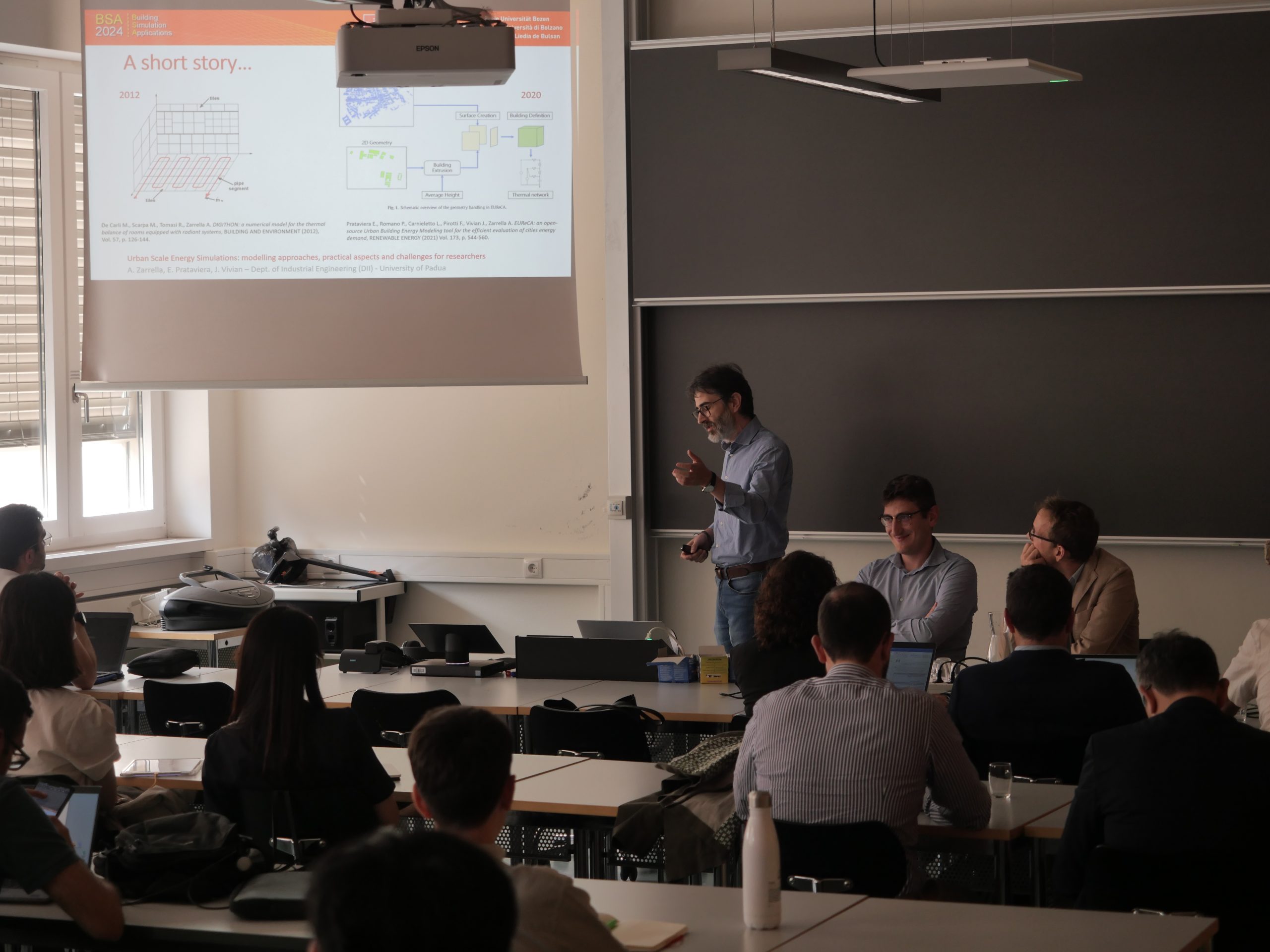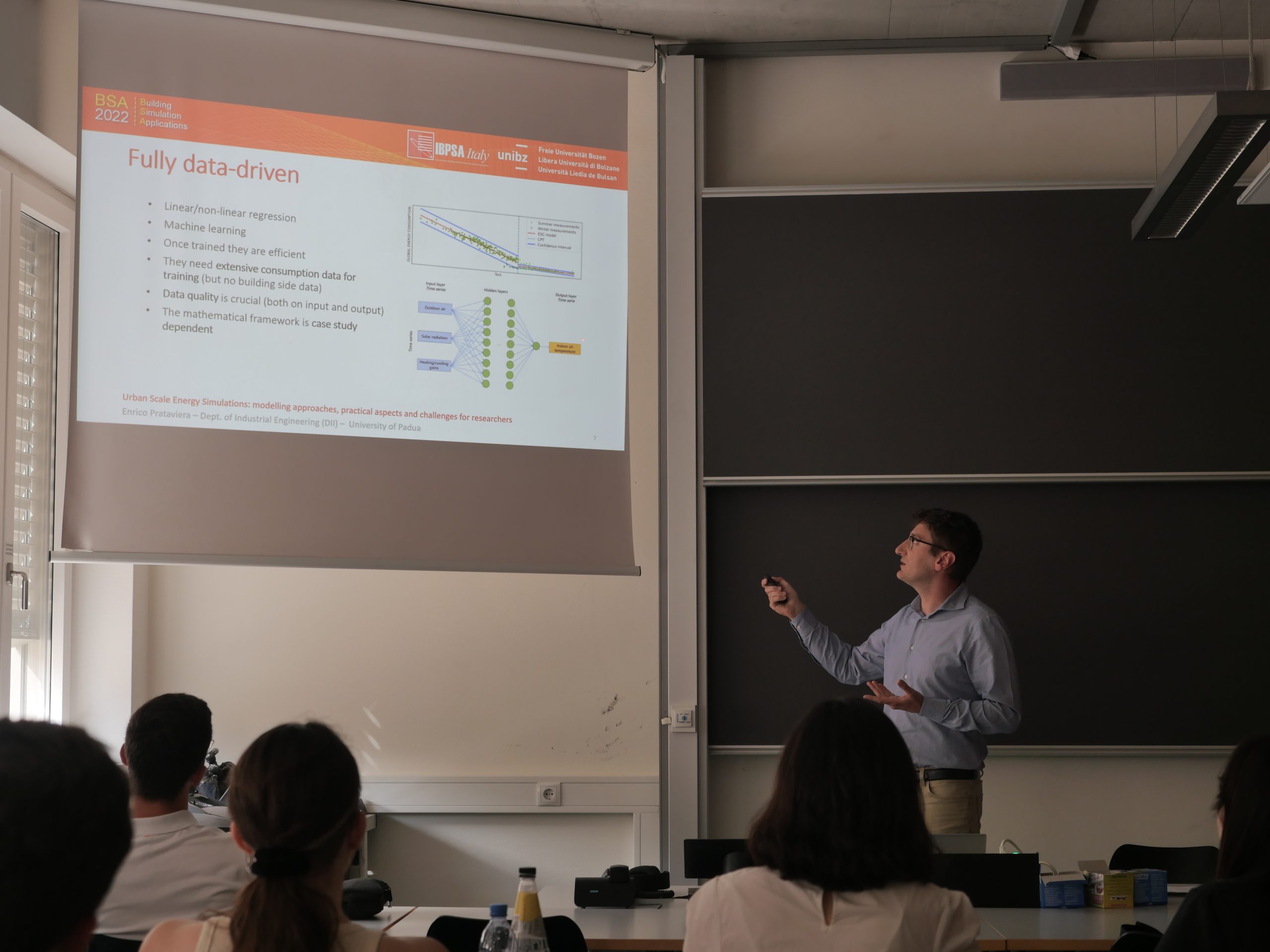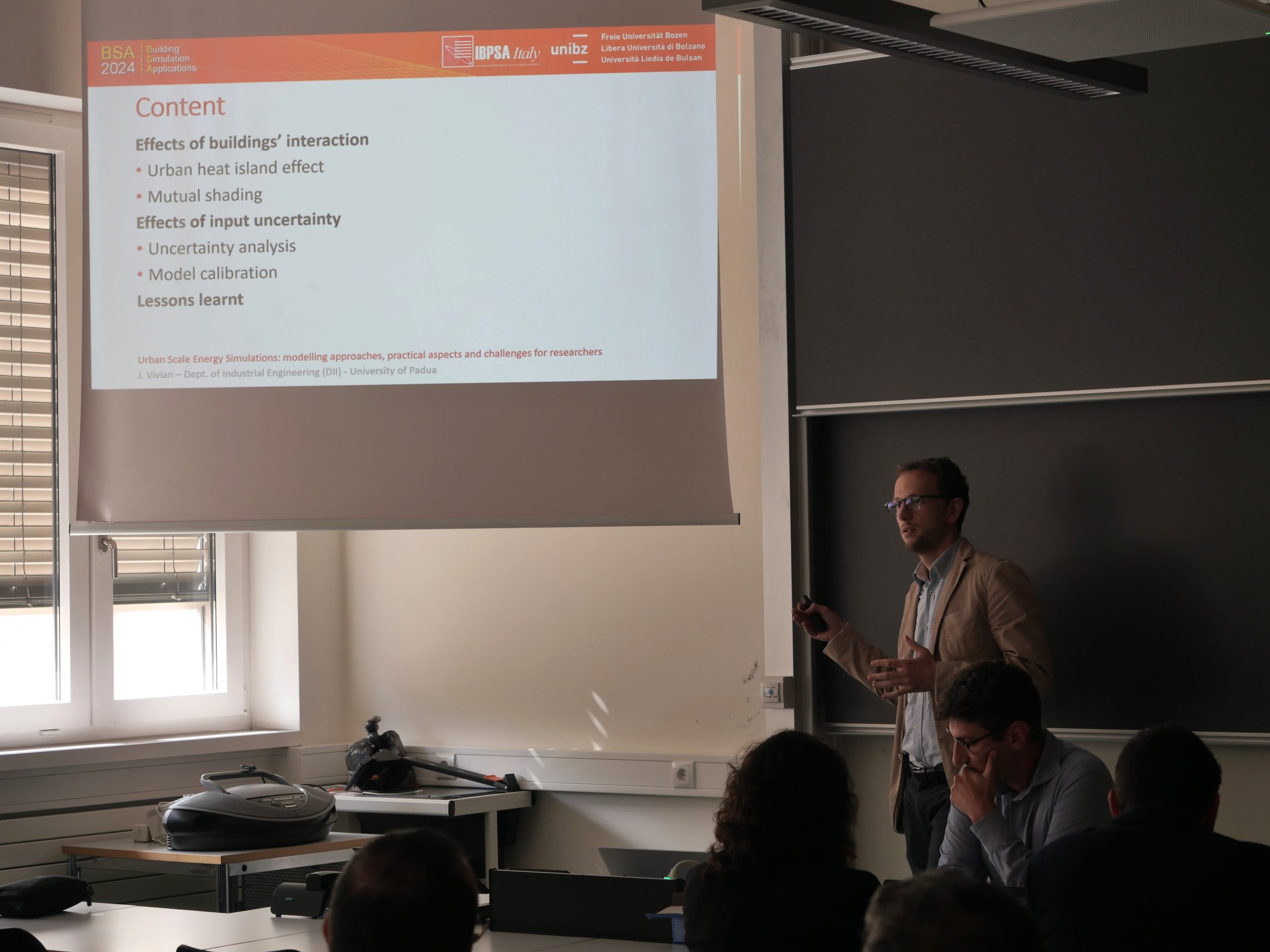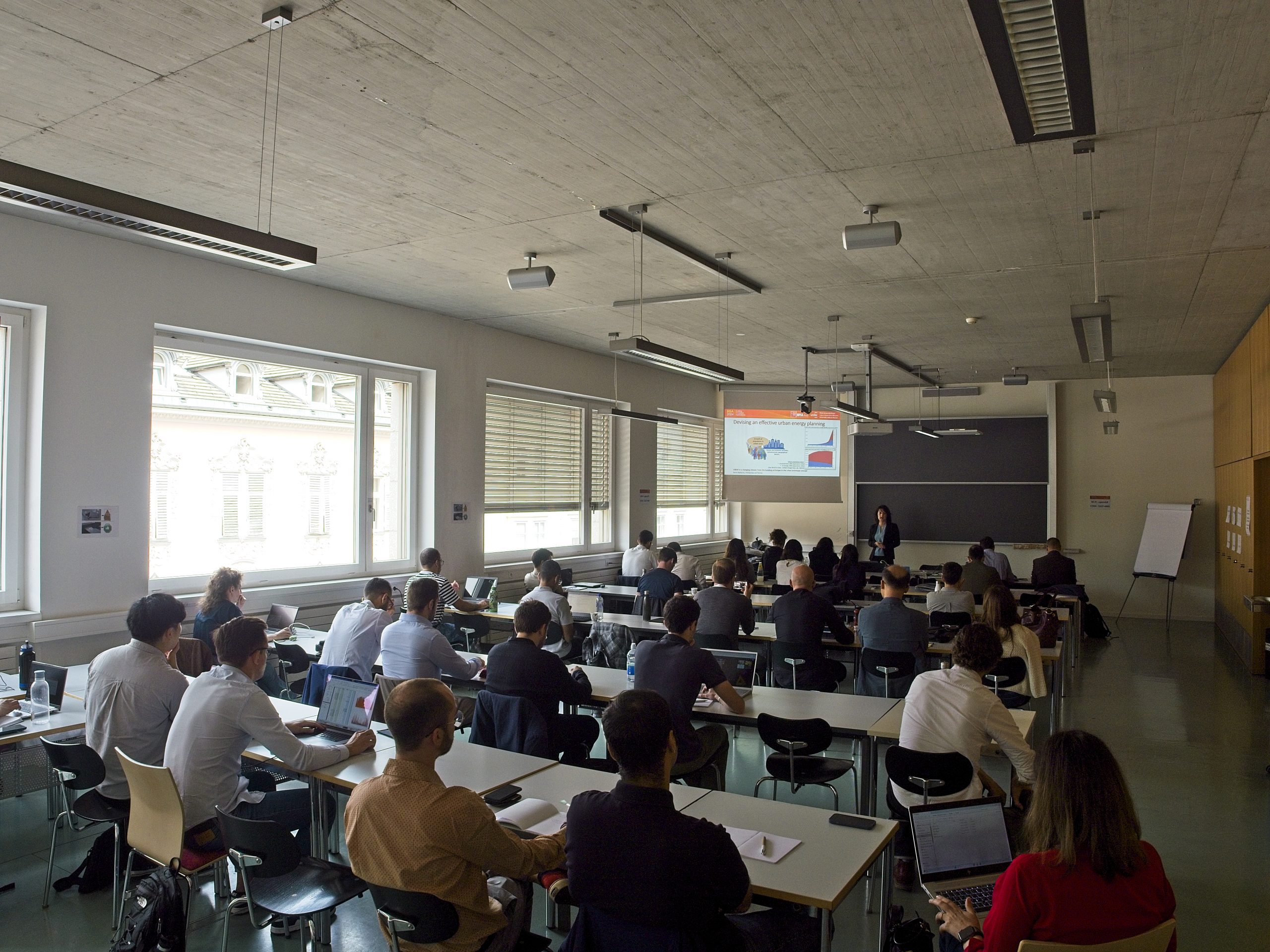CRiStAll at CLIMA 2025
The CRiStAll project team participated in the REHVA HVAC World Congress – CLIMA 2025, focused on “Decarbonized, healthy, and energy-conscious buildings in future climates.”
During the conference, the team had the opportunity to present key findings from the CRiStAll project, particularly on the development of urban archetypes and their energy performance assessment under Urban Heat Island (UHI) effects in both current and future climate conditions.
The paper, presented by Matteo Piro, is titled “A methodology for the assessment of the Urban Heat Island effect by exploiting the urban archetype approach,” and is co-authored by Ilaria Ballarini, Matteo Piro, Vincenzo Corrado, Giovanni Pernigotto, Gregorio Borelli, and Andrea Gasparella.
Project Dissemination Update
Time for a quick update about the CRiStAll dissemination activities! In the last summer, we have been quite active in raising awareness on the issue of Urban Heat Island and discussing how UBEM tools can support the identification of mitigation measures.
In the framework of the Building Simulation Applications (BSA )2024 conference , which took place in Bolzano from June 24th to 26th, we organized the 4th Student School on Building Performance Simulation Applications, this edition dealing with the “Study of the Urban Heat Island effect: from weather data to UBEM simulations with building archetypes” .
This school brought together several experts on UBEM simulations, building archetypes, Urban Heat Island, and weather files for building performance simulations (Prof. G. Evola from the University of Catania, dr. L. Carnieletto from the Ca’ Foscari University of Venice, Prof. A. Zarrella, dr. J. Vivian and dr. E. Prataviera from the University of Padova, Prof. Ilaria Ballarini from the Polytechnic University of Torino, Prof. Marco Manzan from the University of Trieste, and Prof. Giovanni Pernigotto from the Free University of Bolzano).
Almost 50 PhD and master-degree students and researchers from Italy and from several countries around the world participated in the BSA School, underling the interest on the Urban Heat Island phenomenon and the need of proper tools to mitigate its effects on our cities.
